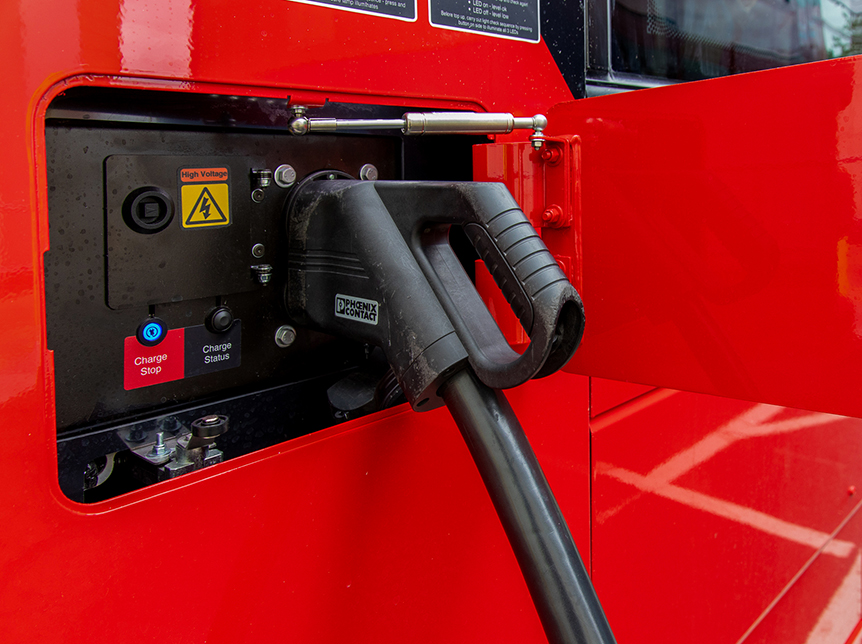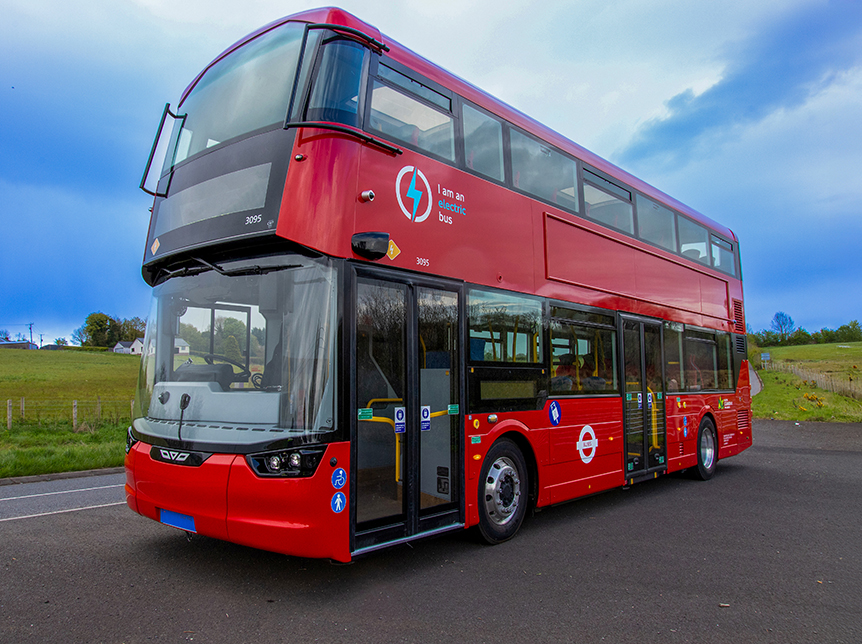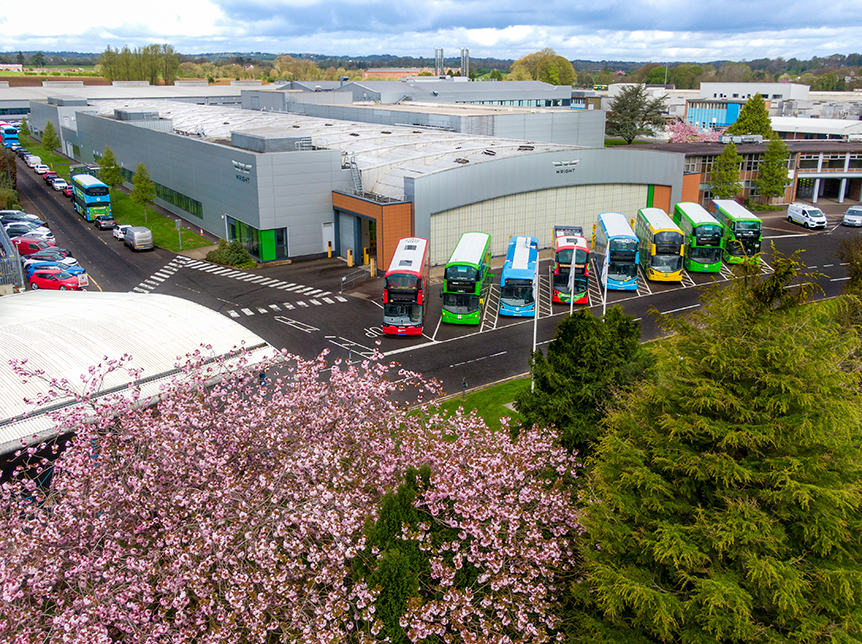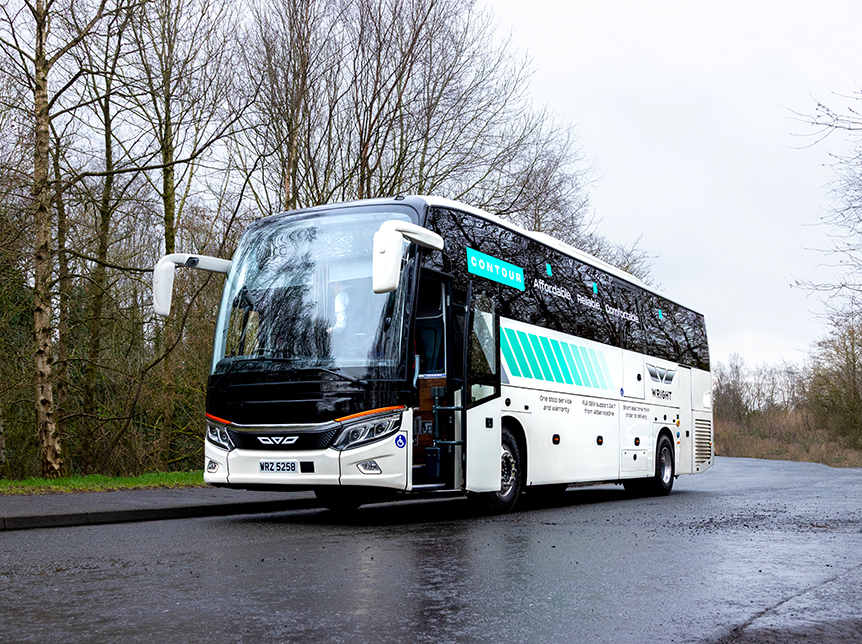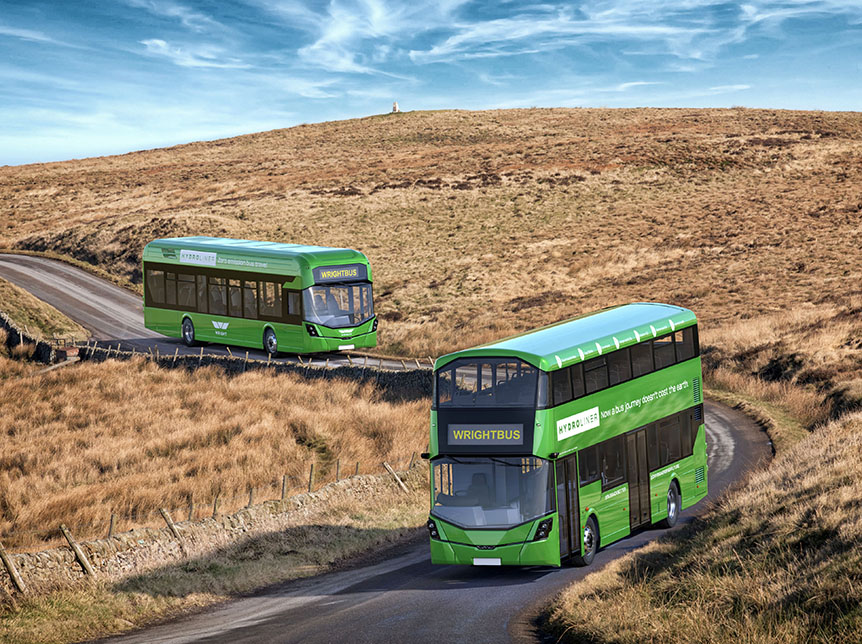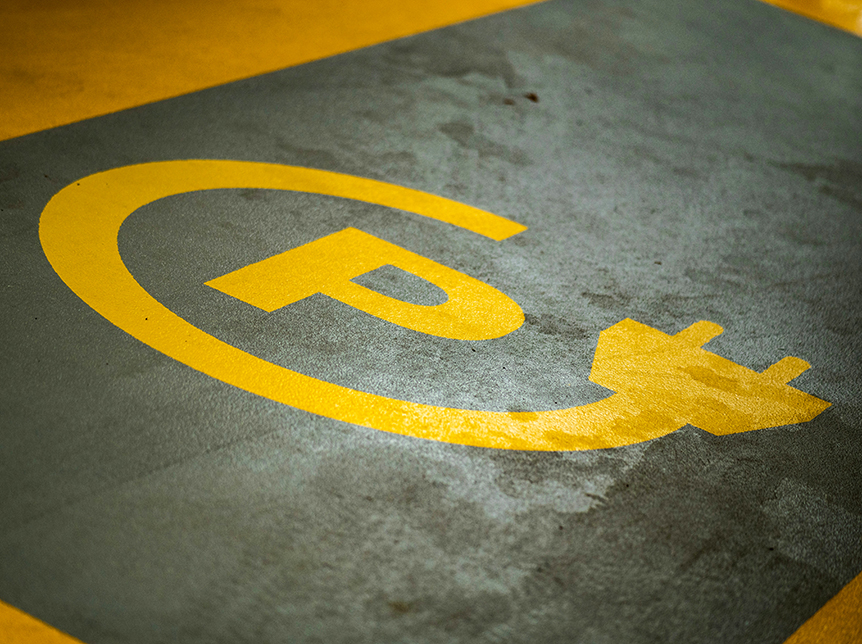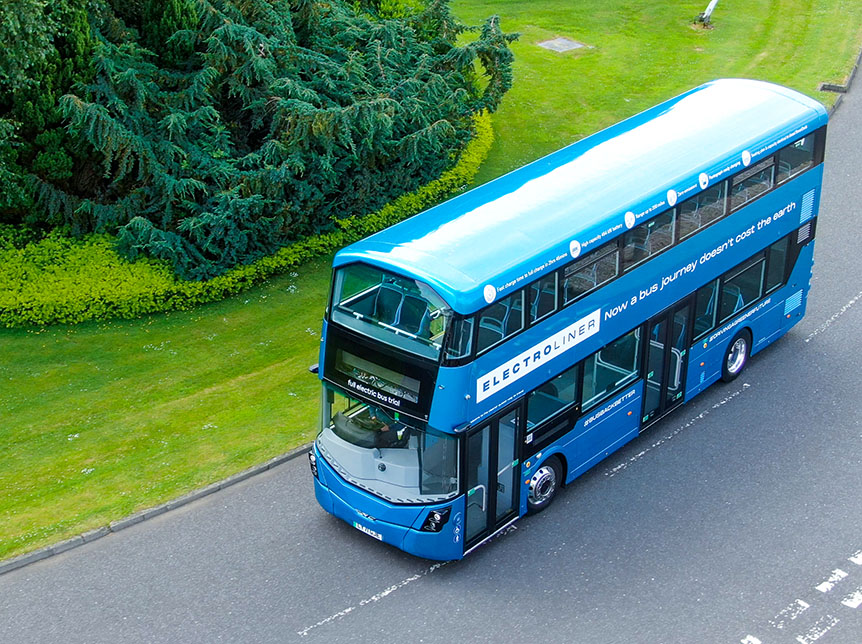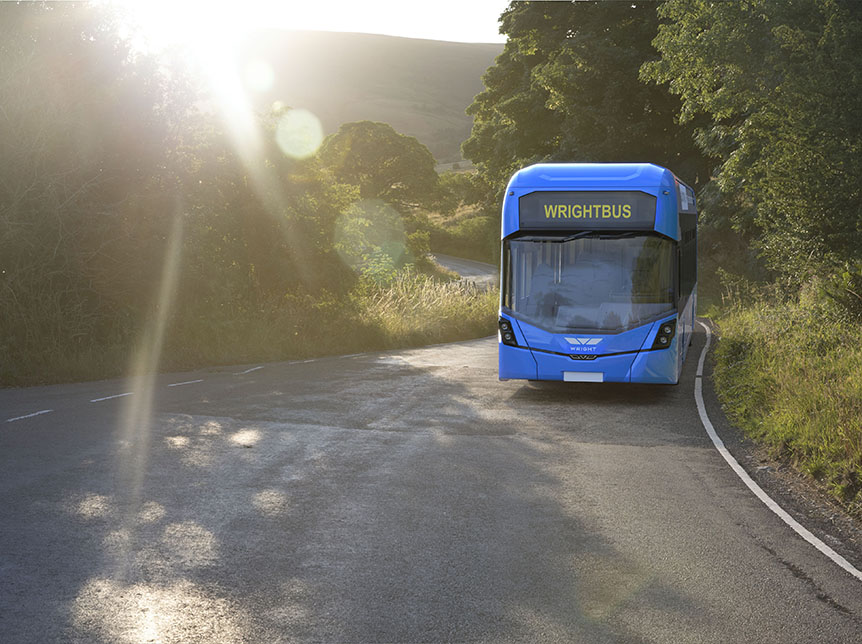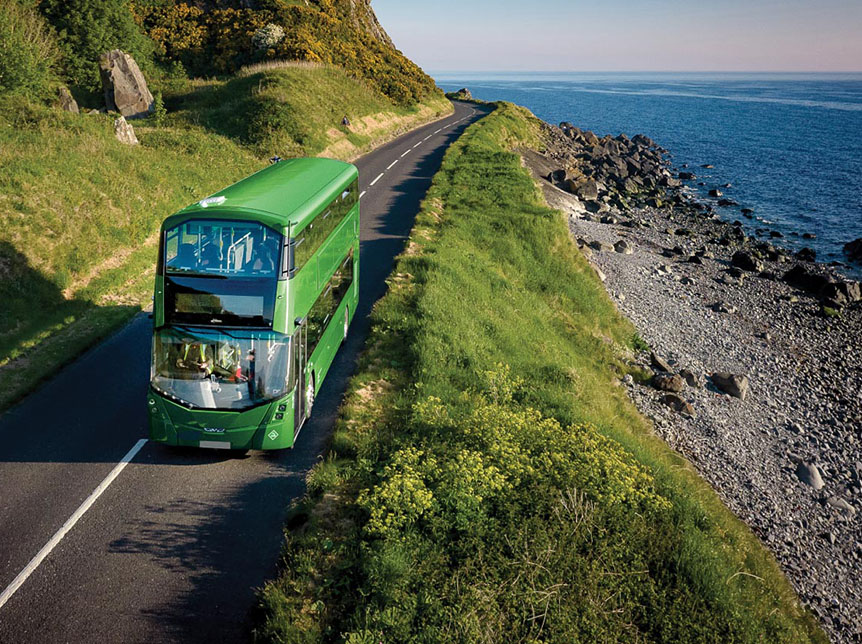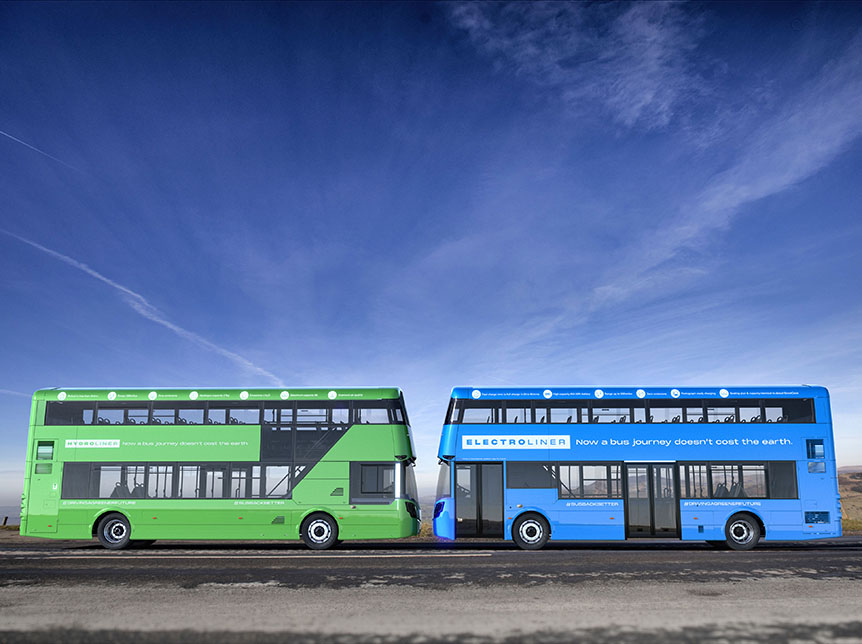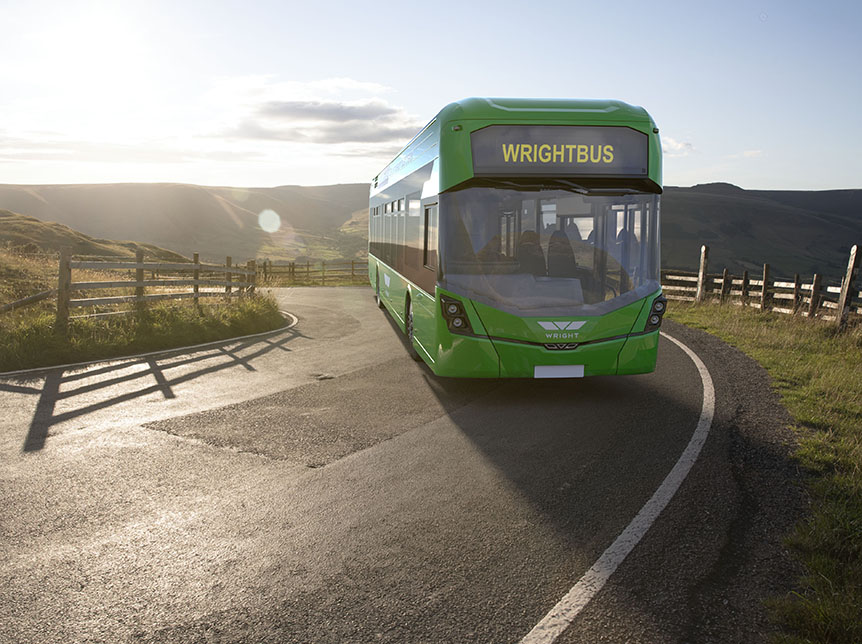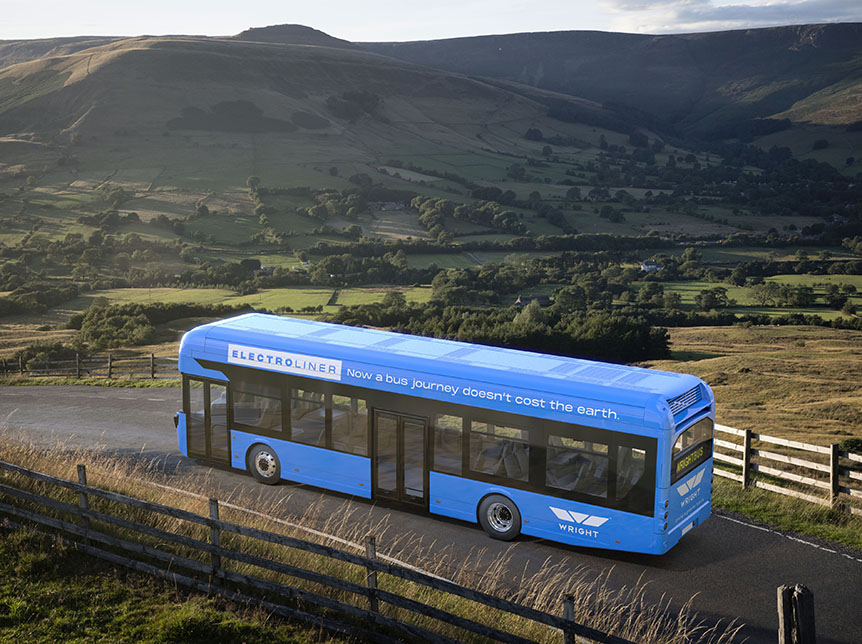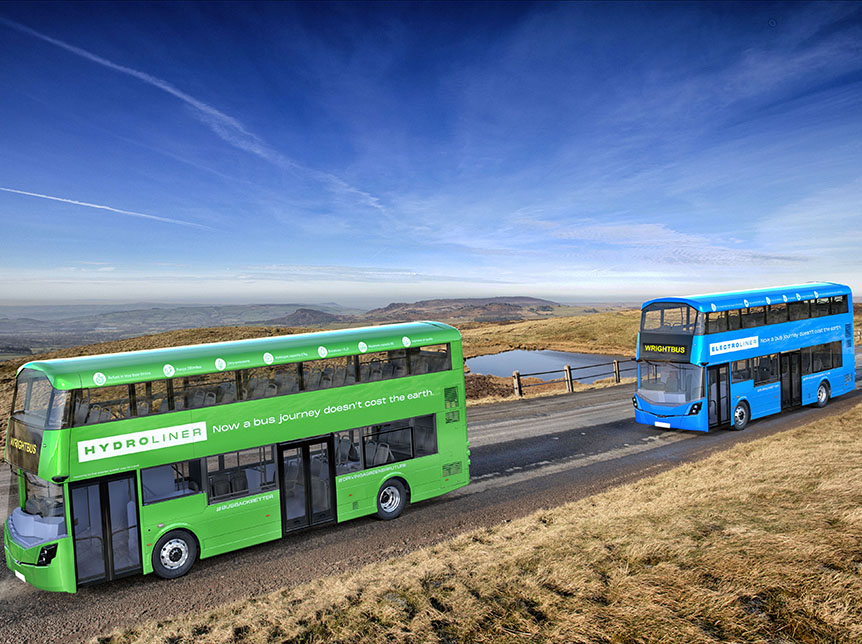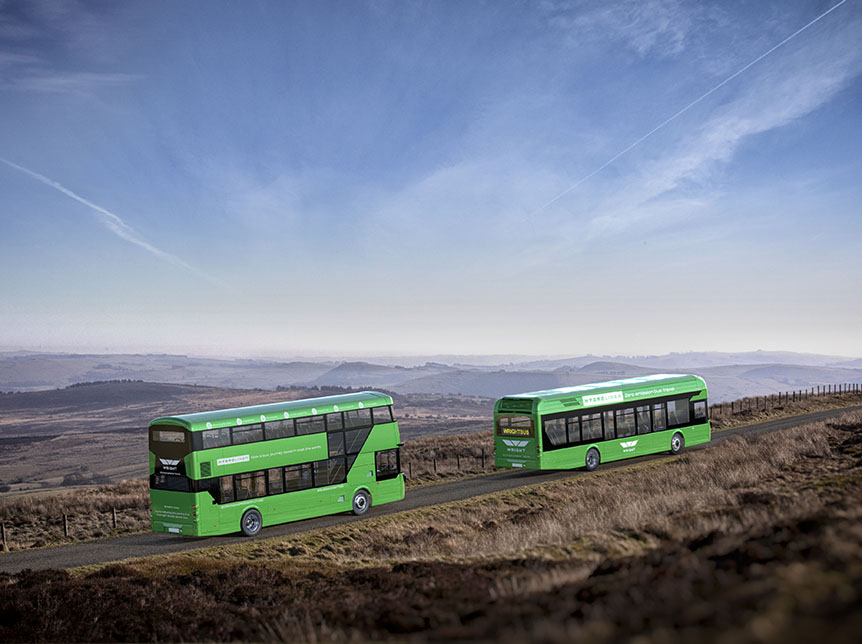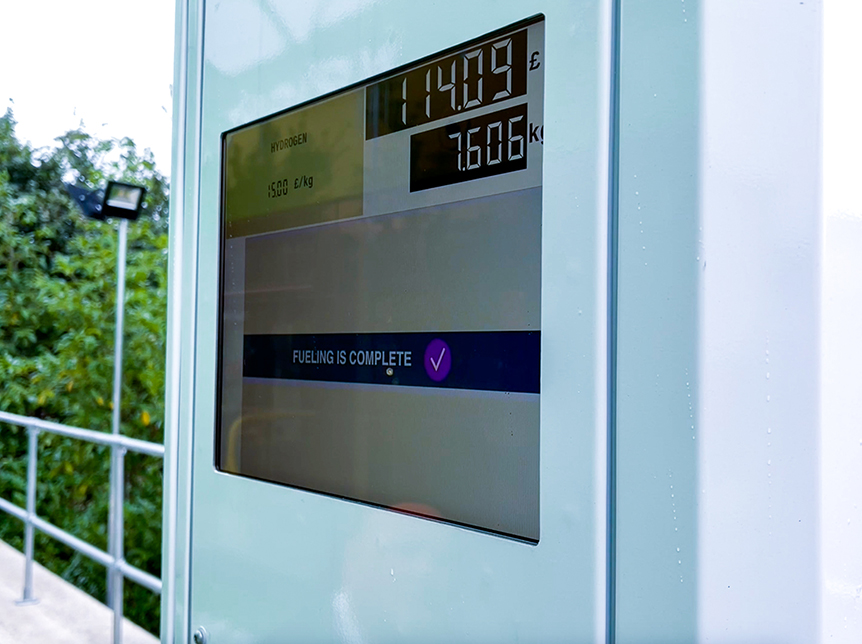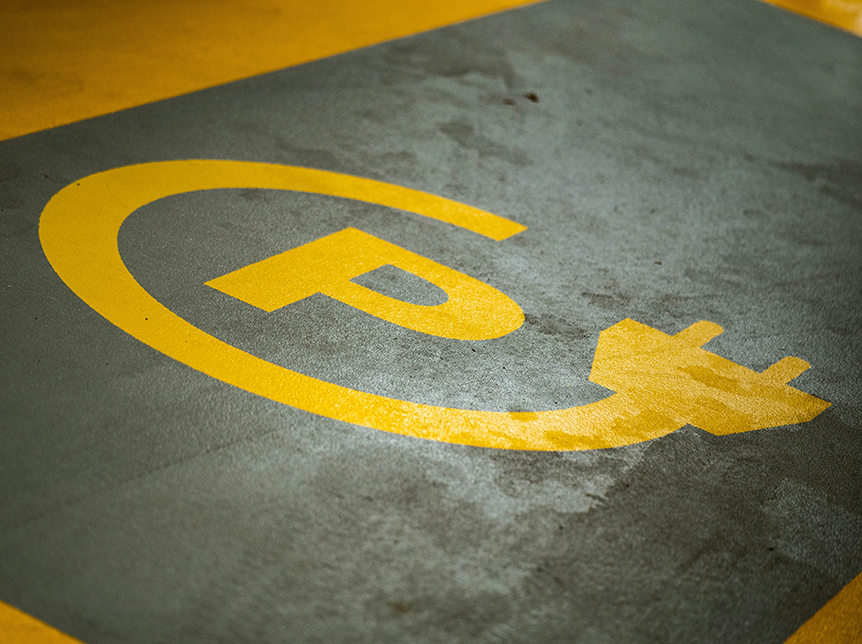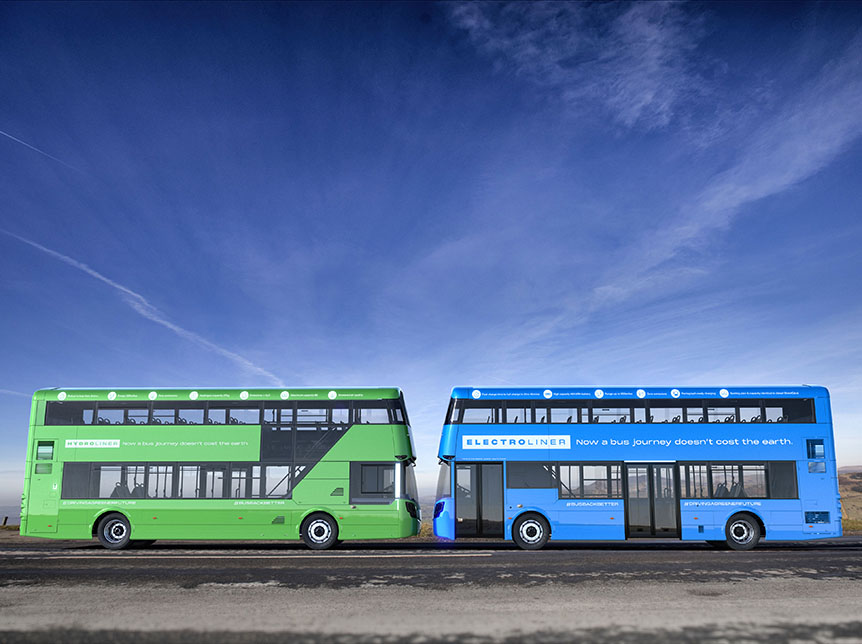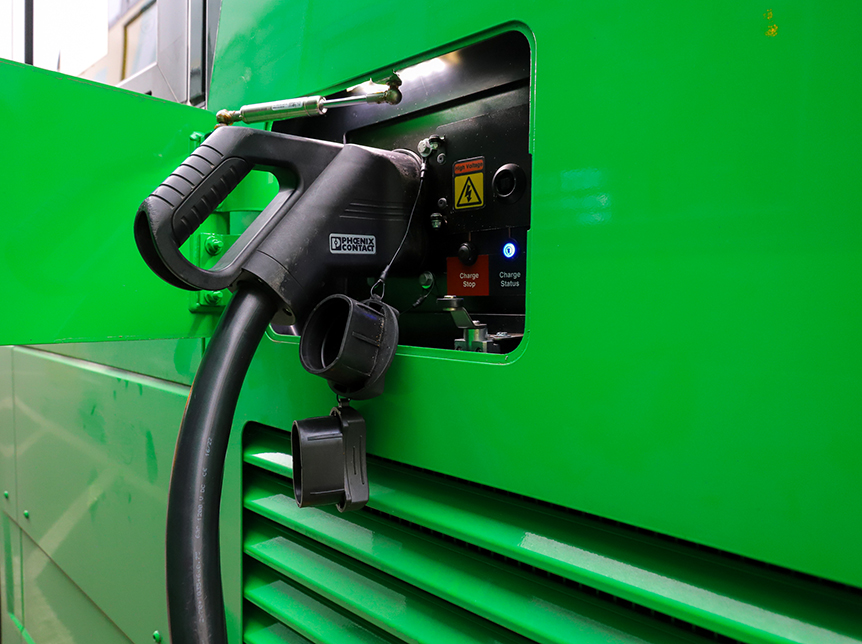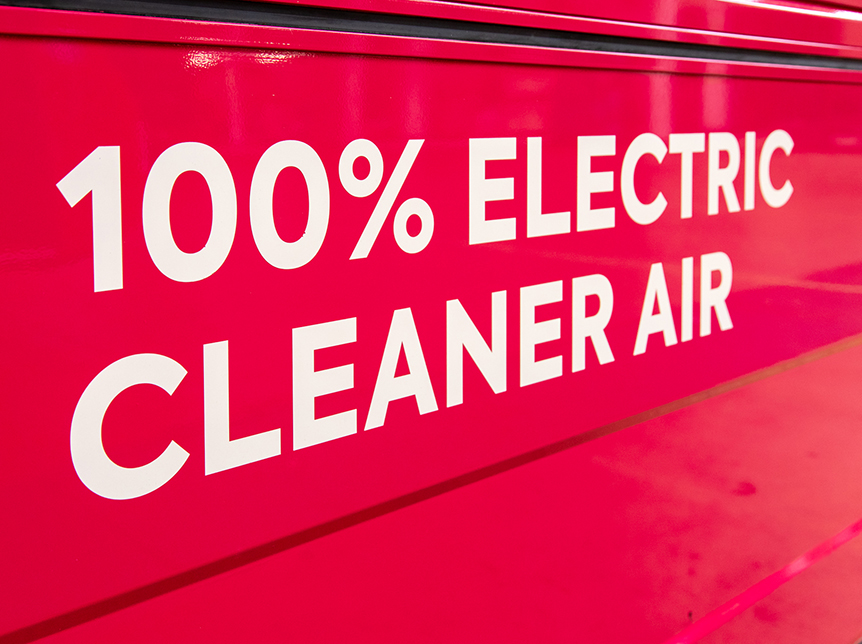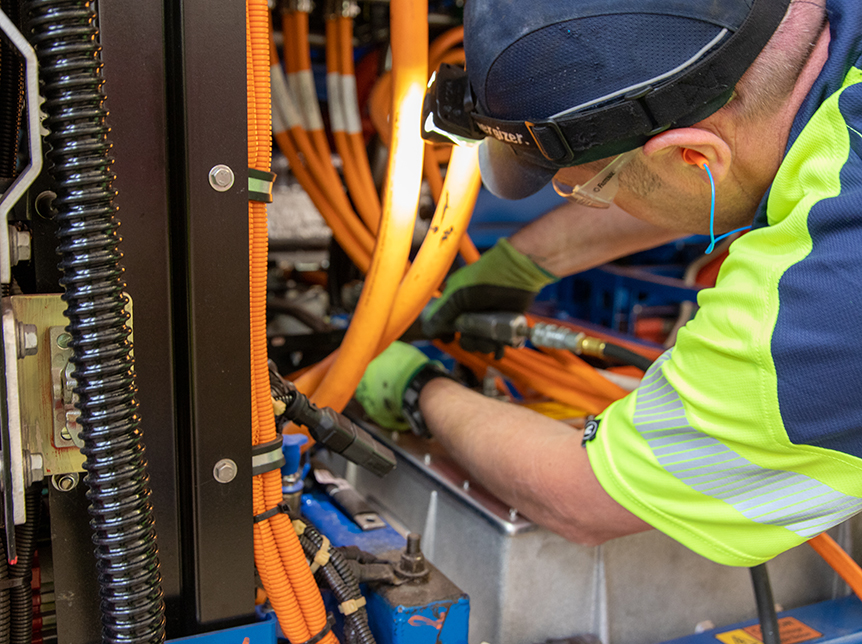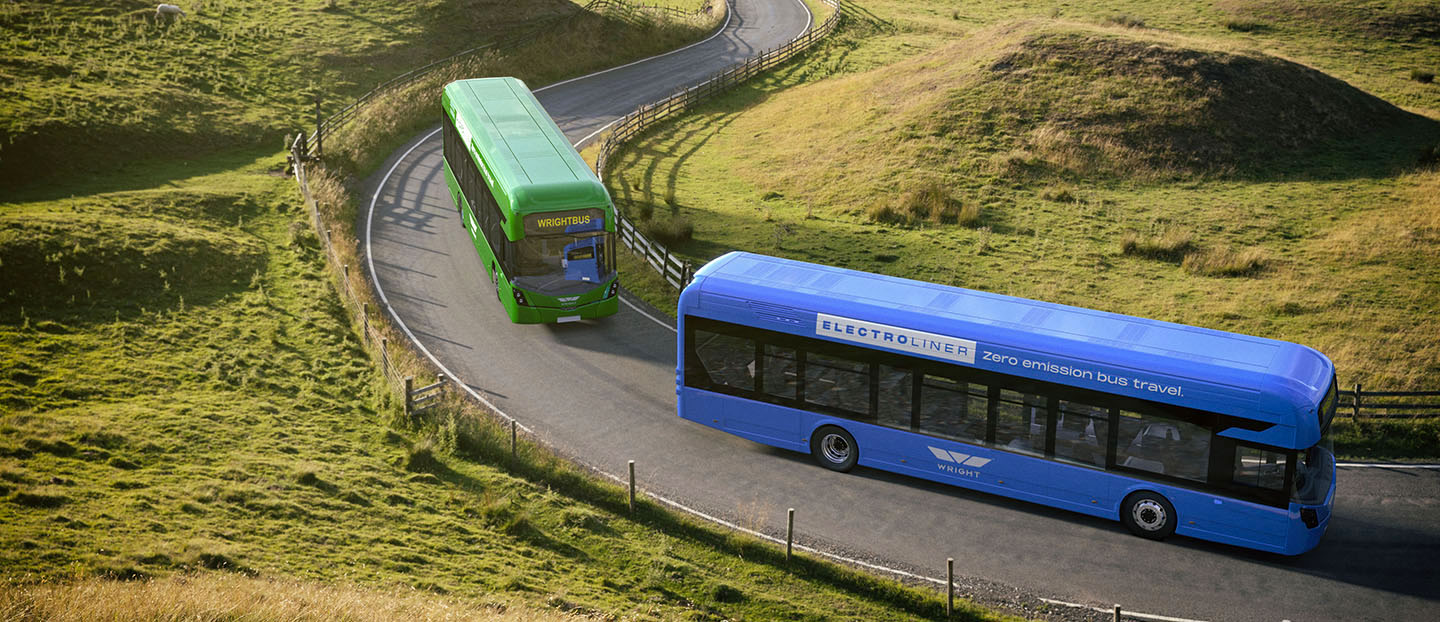
As the world moves toward cleaner energy solutions, the transportation industry is undergoing a major transformation. Two of the most promising alternatives to gasoline-powered are electric vehicles (EVs) and hydrogen fuel cell vehicles (HFCVs). While both offer zero-emission solutions, they differ in technology, efficiency, and infrastructure. So, which one is the future of green mobility? Let’s explore.
Electric Vehicles: A Rapidly Growing Market
Electric vehicles have gained immense popularity in recent years, thanks to advancements in battery technology, increasing charging infrastructure, and government incentives. EVs run on rechargeable lithium-ion batteries, which power an electric motor instead of an internal combustion engine.
Advantages of Electric Vehicles:
- Lower Operating Costs – EVs have fewer moving parts, leading to reduced maintenance costs compared to gasoline or hydrogen-powered cars.
- High Energy Efficiency – EVs convert over 85% of battery energy into motion, making them more efficient than hydrogen fuel cell vehicles.
- Expanding Charging Infrastructure – With governments and private companies investing in fast-charging stations, range anxiety is becoming less of an issue.
- Renewable Energy Integration – EVs can be charged using solar or wind energy, making them a greener solution when powered by clean electricity.
Challenges of Electric Vehicles:
- Long Charging Time – Despite improvements, EVs still take longer to recharge compared to refueling a hydrogen or gasoline vehicle.
- Battery Degradation – Over time, lithium-ion batteries lose efficiency and require replacement, adding to long-term costs.
- Limited Range for Some Models – While high-end EVs now offer over 300 miles per charge, budget-friendly models may have a shorter range.
Hydrogen Fuel Cell Vehicles: A Promising Alternative?
Hydrogen fuel cell vehicles use a different approach to zero-emission driving. Instead of storing energy in batteries, they generate electricity through a fuel cell, which combines hydrogen and oxygen to produce water and power an electric motor.
Advantages of Hydrogen Fuel Cell Vehicles:
- Fast Refueling – Unlike EVs, which require hours to charge, hydrogen fuel cell vehicles can be refueled in just a few minutes.
- Longer Driving Range – HFCVs typically offer longer ranges (300-400 miles) compared to most EVs.
- Lightweight Design – Hydrogen fuel cells are lighter than large lithium-ion batteries, making them ideal for trucks and buses.
Challenges of Hydrogen Fuel Cell Vehicles:
- Limited Infrastructure – Hydrogen fueling stations are scarce, making it difficult for drivers to find refueling points.
- High Production Costs – Hydrogen production is expensive and requires significant energy, reducing overall efficiency.
- Lower Energy Efficiency – Converting electricity to hydrogen and then back to electricity in the fuel cell results in energy losses.
The Future of Green Transportation
While EVs currently dominate the market, hydrogen fuel cell vehicles may play a crucial role in long-distance transport and heavy-duty applications. Governments and automakers continue investing in both technologies, ensuring a cleaner future for transportation.
Which one will lead the way? The answer may lie in a combination of both technologies, catering to different transportation needs.
Read more
The Double Decker Electric Buses: Revolutionizing Urban Transportation
Read onSingle Decker Electric Buses: Paving the Way for Sustainable Public Transport
Read onElectric Buses and Hydrogen Vehicles: Driving the Future of Sustainable Transportation
Read onHybrid Buses: The Future of Sustainable Double Decker Transportation
Read onThe Future of Public Transit: Single Decker Buses and Hydrogen Fuel Cell Vehicles
Read onExploring the Future of Transportation: Battery Electric Vehicles and Double Decker Buses
Read onNavigating Urban Landscapes: The Versatility of Single Deck Buses and Double Deck Buses
Read onLondon's Bendy Bus Legacy and the Innovation of London Electric Vehicle Company
Read onPioneering Zero-Emission Transport: The Rise of Electric Bus Companies in the UK
Read onEmbracing Tomorrow's Roads: Zero-Emission vs. Battery Electric Vehicles
Read onThe Perfect Blend: Exploring Hybrid Electric Vehicles and the Role of Coach Builders
Read on
Get in touch
Wrightbus has been at the forefront of transport innovation since 1946, relentlessly pushing the boundaries with its commitment to quality, style and safety.
